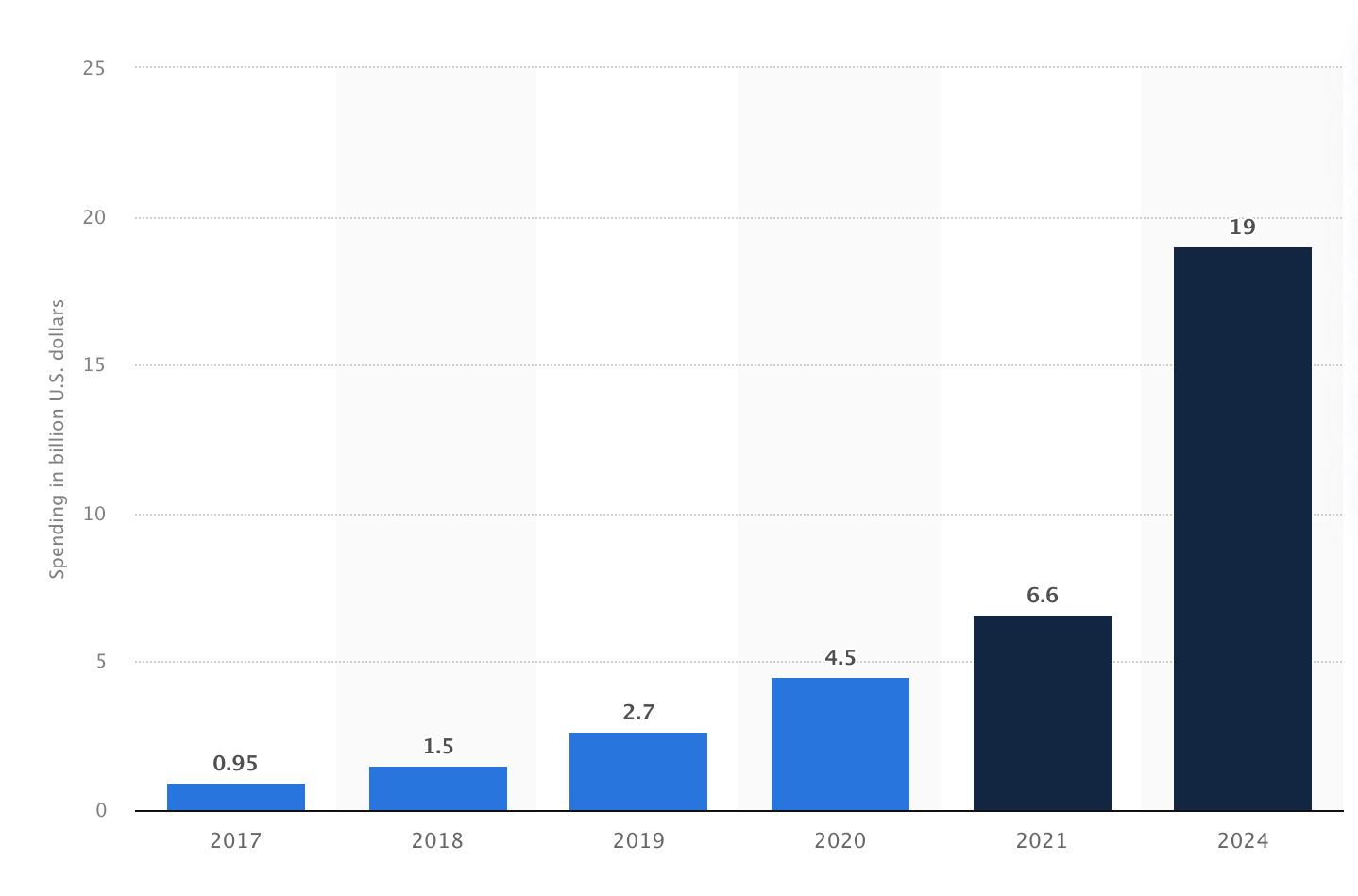Blockchain is a technology that allows for the storage or recording of transactions across computers that are linked in a peer-to-peer network. When we want to focus on what differentiates blockchain technology from other data storage technologies, we can note the following:
- Unlike regular databases, blockchains use a shared database that stores data in blocks that are linked via cryptography.
- The database or blockchain is decentralized. No single entity can control it.
- All kinds of information, but especially transaction information, can be stored in these blockchains.
Bitcoin brought blockchains to prominence, and the latter’s utility may have more value than the cryptocurrency in the long run. Blockchain technology can be used far beyond the realm of cryptocurrencies, including cybersecurity. In the financial world (banking and insurance), blockchain technology can be used to better protect contracts and to increase transparency.
Tamper-proof blockchains allow for better protection against one of the most common cybersecurity threats – human error, which makes this technology attractive in areas where malfeasance or human error can cause costly problems, with banks being a prime example.
HSBC, one of the largest banks in the United Kingdom, is working on fusing blockchain technology with traditional fiat payments in order to increase security against cyber threats for its customers.
HSBC isn’t the only bank doing this. US banking leader JPMorgan Chase (NYSE:JPM) is working on blockchain tech as well, with one of the goals being better security against data and transaction manipulation and tampering.

The above chart illustrates how worldwide spending on blockchain solutions has evolved over the years – the forecast number for 2024 is around four times as high as the total from 2020.
Statista further forecasts that the total will continue to rise in the coming years. While not all of this blockchain spending will be cybersecurity-related, cybersecurity plays a huge role in overall blockchain technology use and also in blockchain investments.
Space And Cybersecurity
The National Cybersecurity Center of Excellence states:
“National space assets and operations are critical to the security and economic well-being of the United States.”
This is no surprise, of course, as all kinds of communication, whether for business reasons, in our personal lives, or for government and defense reasons, use space assets like satellites.
Securing these assets against all kinds of threats, including cybersecurity threats, is of vital importance. Cybersecurity threats include the interception of information, interference with a satellite’s command and control systems to manipulate its orbit, placing malware inside satellites or spacecraft, and so on. These disruptions could easily cause severe consequences and lead to threats for impacted people – a self-driving vehicle (or even a fleet of them) could be caused to crash, for example.
Important players in the space industry, such as Airbus (NYSE: EADSY), are investing heavily to secure space assets versus these different kinds of threats.
When it comes to investing in companies that are active in blockchain or space cybersecurity, Airbus is one of the choices. Major banks with blockchain assets, such as JPM, are a potential choice as well, although investors don’t get cybersecurity pure-play exposure in these cases.

